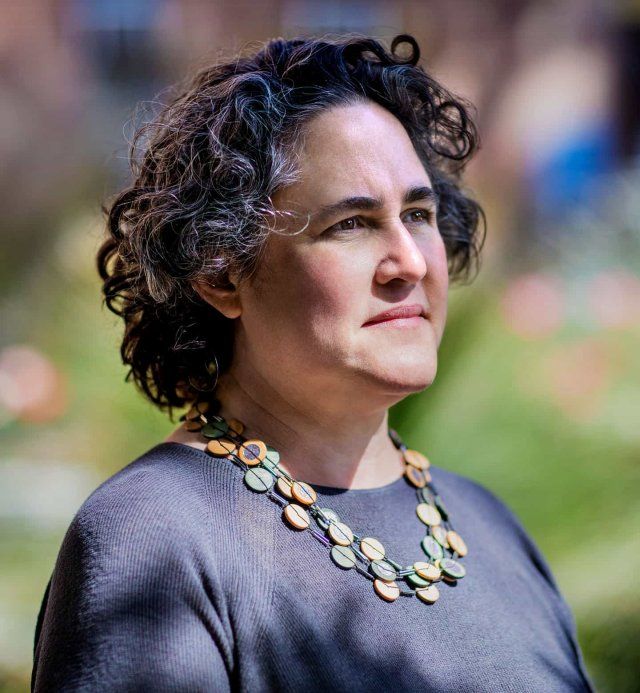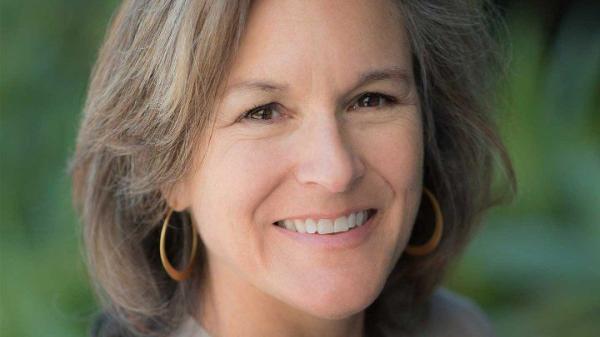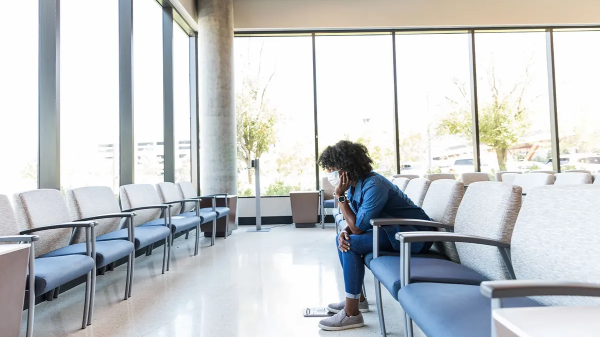Her Study on Abortion Became Essential Reading after the Supreme Court Struck Down Roe v. Wade
By Laura Kurtzman Photo by Lisa Wiseman
Diana Greene Foster, PhD, professor of obstetrics, gynecology and reproductive sciences at UC San Francisco, has been named one of the top 10 most influential scientists of 2022 by Nature for her study of what happens to women who are denied abortions.
Foster’s Turnaway Study, which assessed the mental, physical and social effects of carrying an unwanted pregnancy to term, became an indispensable source of information after the Supreme Court struck down Roe v. Wade in June 2022, ending the constitutional right to an abortion and allowing states to ban it.
Our goal is not just to influence policy but also to reduce harm.”
Diana Greene Foster, PhD
By following 1,000 women over five years, beginning as they sought to get an abortion, the study was able to chart the mental, physical and socioeconomic effects of receiving the abortion versus carrying an unwanted pregnancy to term. Before the study, there wasn’t much good data and studies often used inappropriate comparison groups, such as women who wanted to be pregnant.
The Turnaway Study has led to more than 50 publications by researchers at UCSF’s Advancing New Standards in Reproductive Health (ANSIRH), where Foster is a researcher. It found that receiving an abortion does not harm health and well-being, but being denied one results in worse financial, health and family outcomes. For example, women who carried an unwanted pregnancy to term after being denied an abortion had four times greater odds of living below the federal poverty line.
Foster said it was a great honor to be acknowledged for her research, but many people contributed to the study’s success.
The Long-Term Adverse Effects of Unwanted Pregnancy
The Turnaway Study, led by Diana Greene Foster, found that receiving an abortion does not harm health and well-being, but being denied one results in worse financial, health and family outcomes.
“It was a huge team effort,” Foster said. “There are many scientists at UCSF and beyond who contributed to this study, and it’s that whole set of scientists that enables the work to be done.”
Foster’s next study is the Health and Economic Impacts at the End of Roe. It aims to recruit people who want an abortion but live in states that ban it to assess who is able to get a safe abortion, who tries unsafe methods, and who carries an unwanted pregnancy to term.
“We’re committed to releasing the information as soon as possible,” she said. “Our goal is not just to influence policy but also to reduce harm.”





